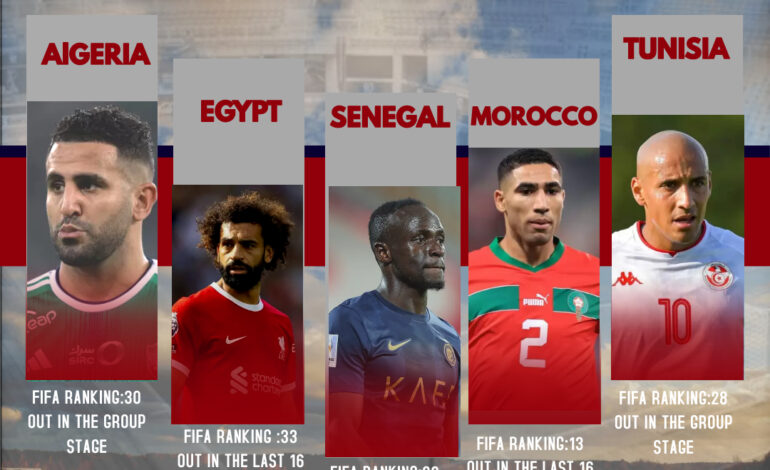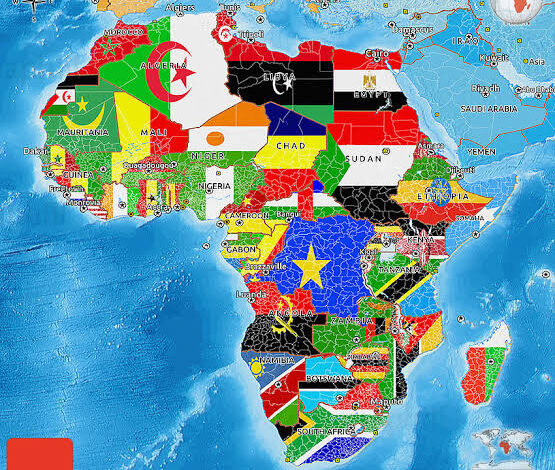
Faith Nyasuguta
As we witness the winds of change blowing across global economies, the words of Warren Buffett resonate: ‘Opportunities come infrequently. When it rains gold, put out the bucket, not the thimble.’ Today, Africa is standing in a golden rain, and it is time to seize the economic opportunities that lie before us.
Long enough, the economic landscape of African nations has been characterized by alliances with just a handful of global players, notably China and the West. Africa’s persistent reluctance to diversify has left a trove of untapped potential concealed in the shadows.
China’s presence in Africa has been marked by both ambitious infrastructure projects and significant investments. The Belt and Road Initiative (BRI), a colossal infrastructure and trade project, has left an indelible mark on the continent.
The China Africa Research Initiative at Johns Hopkins University’s School of Advanced International Studies estimates that between 2000 and 2019 alone, Chinese financiers signed 1,141 loan commitments worth USD 153bn with African governments and state-owned enterprises.
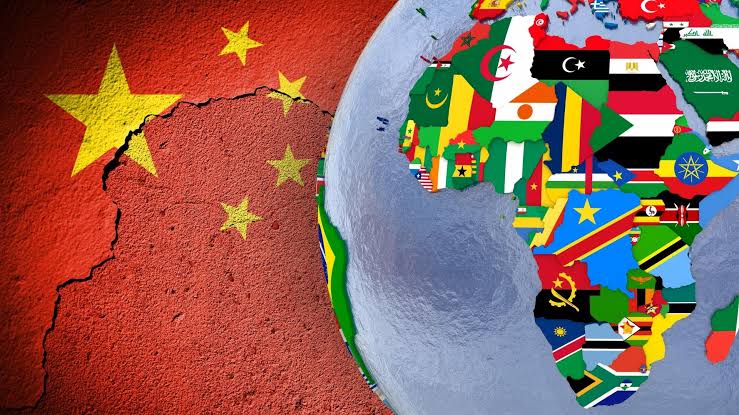
However, concerns about debt burdens linked to Chinese projects in Africa have prompted discussions on negotiating more equitable terms. An illustrative example is Angola, which renegotiated its debt with China in 2020. It aimed to alleviate financial challenges exacerbated by the global economic downturn and declining oil prices, given Angola’s significant reliance on oil exports.
Similarly, historical ties with the West- Europe, the US, Canada- and Japan have long shaped trade dynamics in Africa. Despite some economic growth, these partnerships often come with conditions and trade structures that might not be in the best interest of African nations.
Trade structures, particularly related to intellectual property rights, can pose challenges to African countries. Stringent Intellectual Property Rights (IPR) regulations may limit access to essential technologies and medicines, impacting the ability of African nations to address pressing healthcare and developmental needs.
One of the glaring untapped potentials lies in fostering stronger intra-African trade. The African Continental Free Trade Area (AfCFTA) presents a golden opportunity for countries to collaborate within the continent. The Mo Ibrahim Foundation says that intra-continental trade constitutes less than 13% of Africa’s total trade, in comparison to 66.9% in Europe, 63.8% in Asia & Oceania and 44.4% in the Americas.
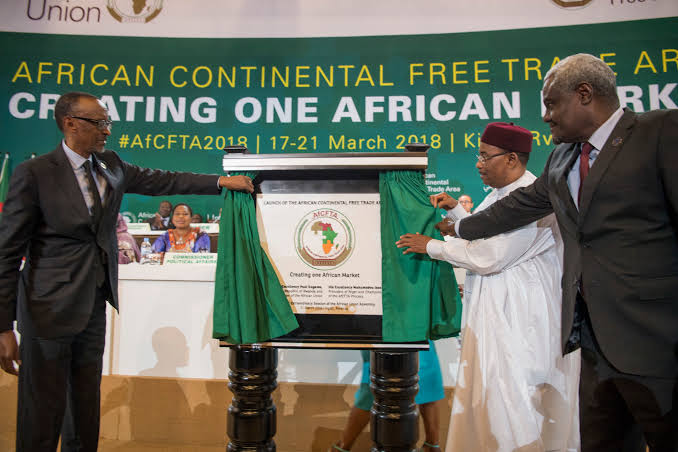
The dependence on external markets leaves the continent highly exposed to crises and shocks in other parts of the world, as showcased by the impact of COVID-19, the Russia-Ukraine war and the Israel-Palestine conflict.
The AfCFTA, launched in January 2021, commits signatories to removing tariffs on 90% of goods for other signatories, to progressively liberalise trade in services and to address other non-tariff barriers.
Exploring partnerships with emerging economies such as India, Brazil and the Gulf nations could also unlock new avenues. These nations bring diverse expertise, technological advancements and investment potential that can boost Africa’s sustainable development.
Notably, the Middle East has transcended its regional boundaries to become a transformative force in reshaping Africa’s economic trajectory. Foreign direct investments from the Gulf Cooperation Council (GCC) into Africa from 2012-22 saw $101.9bn invested in 628 projects. Saudi Arabia has also made an investment pledge amounting to hundreds of millions of dollars for various African countries.
The renewable energy sector remains an underexplored domain. Africa, blessed with abundant sunlight and wind resources, could tap into partnerships focusing on sustainable energy solutions. Hydropower also has substantial potential in Africa with countries like Ethiopia, the DR Congo and Zambia registering notable hydropower potential.
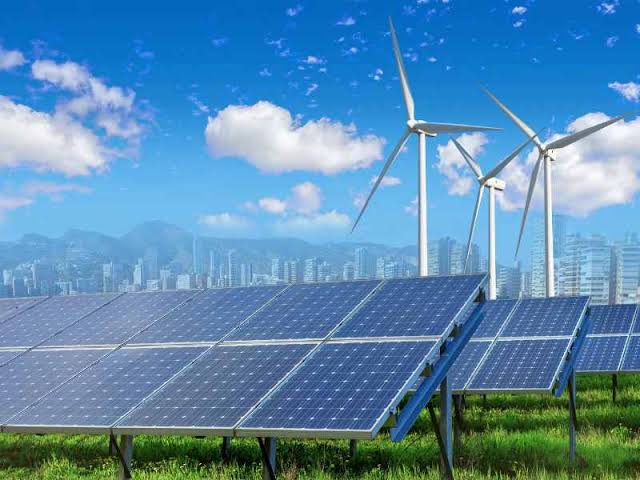
If explored, the sector will not only address environmental concerns but also position African nations as leaders in the global transition towards renewable energy.
The International Renewable Energy Agency (IRENA) says, Africa has the potential to generate over 10,000 GW of solar power, with many countries experiencing high solar irradiation levels. The African Development Bank also estimates that the continent’s wind energy potential could reach 180,000 MW by 2025.
Collaborative efforts in this sector will lead to innovative solutions as with Egypt’s Benban Solar Park, one of the largest solar installations globally that has attracted substantial investments to boost the nation’s solar capacity. Investments in Kenya’s geothermal and wind projects have also positioned the country as a renewable energy development leader in East Africa.
Still on energy, Russia has been seeking to join hands with African nations to develop the renewable energy sector, the nuclear energy industry. Reports compiled from the Russian Ministry of Foreign Affairs show that deals have been reached for constructions of nuclear plants with a number of African countries but Russia is yet to begin implementing its side of the agreements. This is an opportunity all African nations should jump on.
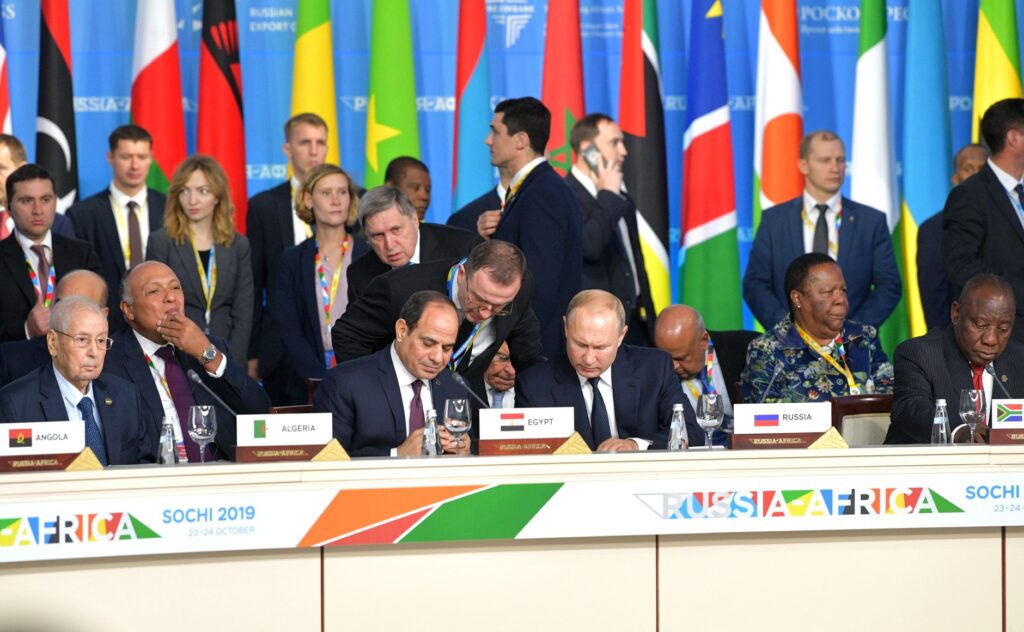
The reported agreements are with Algeria (2014), Ghana (2015), Ethiopia (2019), Republic of Congo (2019), Nigeria (2012, 2016), Rwanda (2018), South Africa (2004), Sudan (2017), Tunisia (2016), Uganda (2019) and Zambia (2016). Memoranda of Understanding (MoUs) were signed with Kenya in 2016 and Morocco in 2017.
Another avenue for untapped potential is investing in education and technology exchanges. For instance, Andela, a company that identifies and develops software developers, operates in several African countries. It collaborates with global tech companies to train and place African developers in international markets, fostering technology exchanges.
Collaborations with countries known for innovation will speed up Africa’s technological advancements, encouraging a knowledge-driven economy. This, in turn, will empower African nations to shape their narratives on the global stage and meaningfully contribute to the Fourth Industrial Revolution.
In the realm of agriculture, partnerships that boost sustainable practices and value addition could transform Africa into an agricultural innovation hub. By diversifying partnerships in this sector, Africa can enhance food security and contribute significantly to global agricultural markets.
Many African countries are still heavily reliant on cash crops like cocoa, coffee and tea, often leaving farmers vulnerable to volatile global market prices. African nations can collaborate with nations like Netherlands, renowned for their advanced agricultural techniques on projects related to hydroponics, greenhouse farming and water management to boost its productivity.
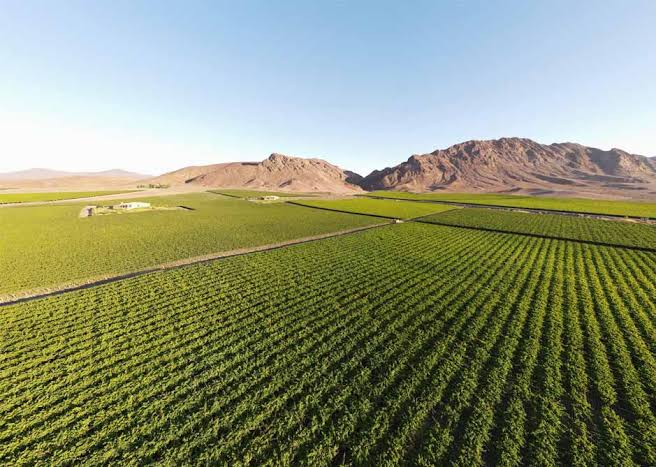
Breaking away from longstanding alliances requires careful consideration and strategic planning. Diplomacy plays a key role in forging new partnerships and African nations need to navigate this terrain adeptly. Additionally, fostering a business-friendly environment and addressing corruption are key steps in attracting diverse investors.
A wealth of untapped possibilities remain hidden due to Africa’s hesitance to venture beyond China and the Western sphere.
As Abiy Ahmed, the Prime Minister of Ethiopia observes, “The strength of Africa lies in its diversity, not just culturally but economically. Traditional partnerships have served a purpose, but the time has come to explore the vast untapped potential within our grasp. Let’s be architects of our economic destiny.”



